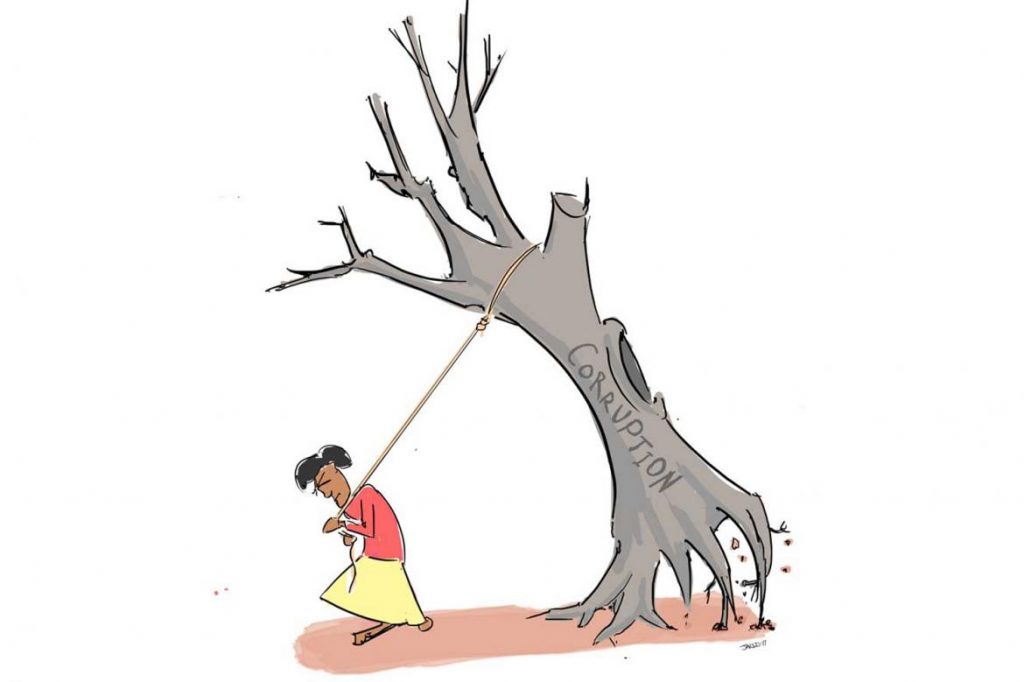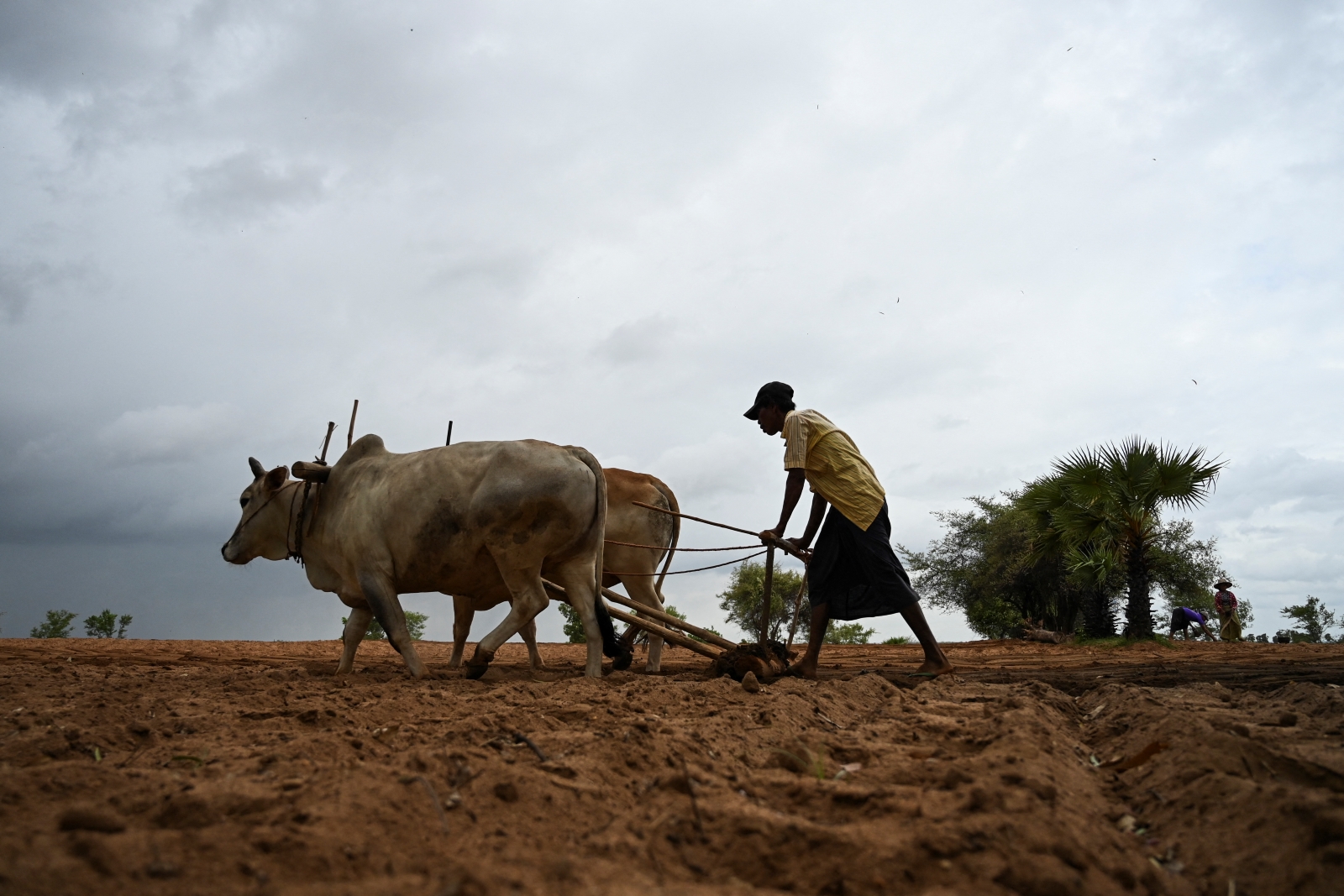Where possible, contracts that have robbed the state of much-needed revenue should be renegotiated to reflect market rates.
ONE OF the more vexing questions that the National League for Democracy government faced was the extent to which it should examine contracts, projects and tenders approved or issued by its predecessor.
It was clearly a sensitive topic. An urgent proposal in February 2016 to examine last-minute projects being pushed through by the outgoing government drew a furious response from the military and U Thein Sein administration.
Many in the NLD would like to rectify the economic injustices that they believe were perpetrated by former governments. But this is easier said than done, for a number of reasons.
One of Daw Aung San Suu Kyi’s stated priorities is “national reconciliation”, which is understood as not attacking the interests of the military and other influential figures who previously held power.
There are other concerns about reviewing projects. Focusing too much on the past will stop the country from moving forward. It will consume time and energy that could instead be used to lay the foundations of future growth.
Support more independent journalism like this. Sign up to be a Frontier member.
Reviewing approved projects will also create uncertainty for businesses and potentially slow down economic growth. Consider, for example, the impact of the review of high-rise construction in Yangon. The government runs the risk of gaining a reputation as being unfriendly to investment and the business community.
At the same time, the NLD positions itself as a party of the people. Corruption, nepotism and inequality are high among the concerns of those who voted for the party in 2015. It was, after all, a vote for change.
It’s also important to understand that the NLD is to some extent a victim. It remains saddled with unpalatable contracts, agreements and projects that it cannot easily rescind or cancel.
All this has left the NLD in a tricky position: It wants and needs to take some action, but feels that it cannot be too aggressive.
The result has been something of a muddle. There has been no proper, coordinated process to review existing projects. Instead, governments at both the Union and state and region levels have adopted a range of approaches. In some cases, it has been individual lawmakers or government officials who have doggedly pursued particular projects.
Although the issue has largely been put on the backburner, it certainly hasn’t gone away. Recently, the Yangon Region auditor-general drew attention to the contracts between Yangon City Development Committee and private developers, under which the municipal body had leased its share of property projects for just 10 percent of the market rate.
In Magway Region, meanwhile, an investigation has uncovered evidence that almost K7.5 billion raised from local oil producers was “missing”. Some of it appears to have been spent in support of the Union Solidarity and Development Party.
Frontier believes that these cases should not simply be ignored. Doing so would be putting short-term political priorities over the country’s longer-term development needs.
A new culture of clean government must be fostered. For that to happen, action needs to be taken against those responsible, assuming wrongdoing can be proven. Where possible, contracts that have robbed the state of much-needed revenue should be renegotiated to reflect market rates.
A stronger message needs to be sent that the country has changed and the old ways of doing business no longer apply.
This editorial originally appeared in the April 27 issue of Frontier.







